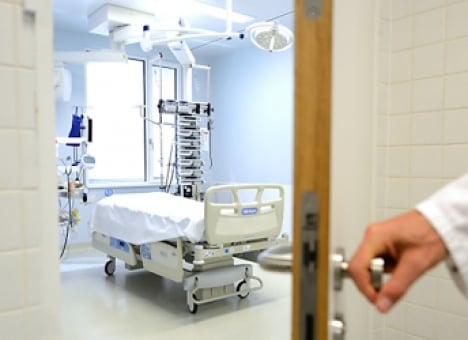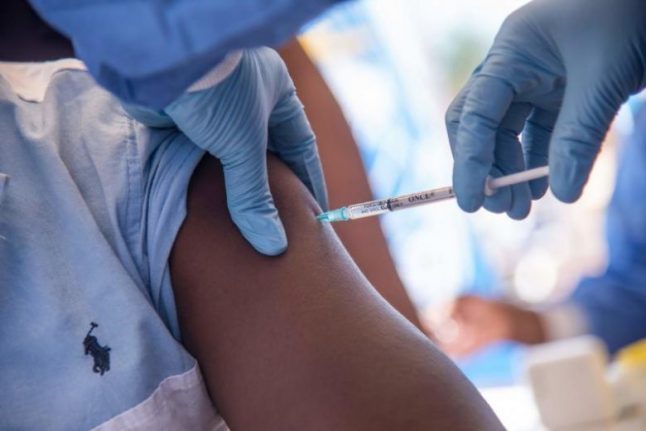The businessman, who had been formally cleared for travel by US state authorities after being placed on a special monitoring programme, left Austria on Sunday for Cyprus.
On his arrival in Larnaca he was told he could not disembark, as the authorities mistakenly believed he had visited the West African country in the last 21 days.
He told The Local that he was not offered quarantine, but was made to leave on the same plane, which carried him along with a full flight of passengers back to Vienna.
A spokesperson for the man told The Local that he left Liberia on December 12th, and was therefore safely beyond the 21 day period for which the WHO has advised that visitors to such countries should be monitored.
Subsequently, the man travelled to the US on December 20th, to be with his fiancée. While in the US, authorities there advised him he would only need to be monitored for a fever for an additional two weeks, given the known maximum incubation period for the disease is three weeks.
He was cleared for travel by US state authorities on January 2nd, and proceeded to travel via Austria to Cyprus, where the authorities there over-reacted, in his opinion.
The Cypriot health minister Philippos Patsalis assured all passengers on the flight in question that the man was examined upon his arrival in Larnaca, and was found not to have a fever, meaning he was at a very low risk for harbouring the virus.
In an exclusive interview, the man told The Local: "Since I left West Africa on December 12th, I have been open, honest, and compliant with all government health and immigration authorities concerned with the Ebola outbreak. It is good that governments, including my own, are aware of and tracking this public health crisis."
"However, it is very upsetting that, despite being out of West Africa for over 21 days, and despite having complied with US health authorities until the 21-day monitoring period ended on January 2nd, I was still detained on the plane in Cyprus and considered a health threat. A basic understanding of the virus makes it clear to anyone that there is no way I pose a threat, and I will be investigating further to determine how and why I was classified as such."
The man passed through Austria only en route to Cyprus, and is now returning to Israel to continue his business trip.
According to one of the other passengers on the plane, no one informed them regarding the possible threat, which they only discovered when told by Cypriot media.
“We were not even informed while at the airport, waiting for our luggage. The plane parked far away and someone came and brought us some forms to fill our data. We were even told that it is a procedural matter. After half an hour, we were released to go get our luggage. Again, no one informed us,” a passenger told the Cypriot news network Sigmalive.
Since 2014, there have been several suspected Ebola cases in Cyprus, although none of those examined resulted positive for the disease.



 Please whitelist us to continue reading.
Please whitelist us to continue reading.
Member comments